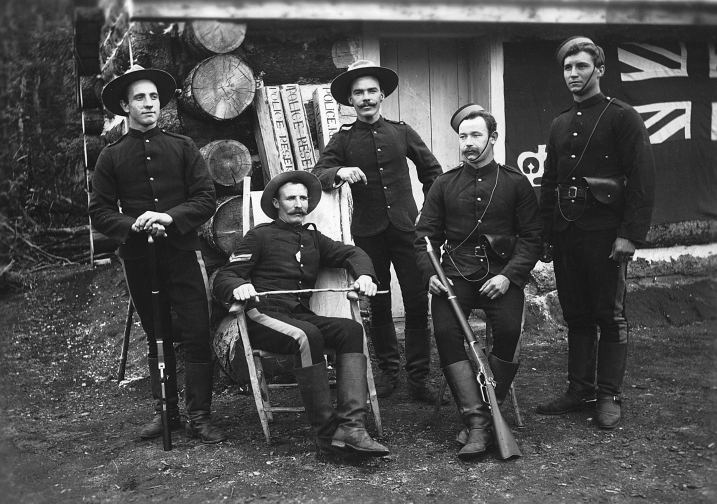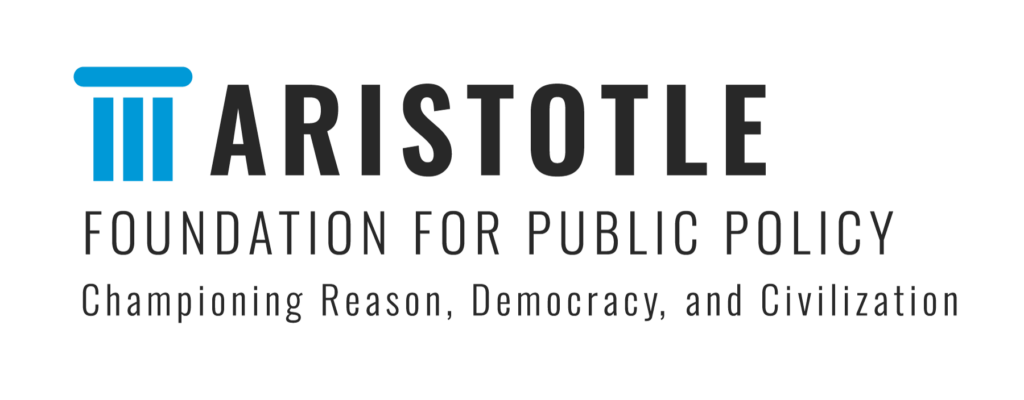
RCMP have been a net positive force for Canada
Mark Milke, National Post August 9,2023
As an example of how absurd the apologize-for-everything reflex has become in Canada, consider the recent apology for plowing an RCMP logo and Mountie image into an Alberta farm field.
The background: the organizers of the Edmonton Corn Maze plow a logo into their cornfield labyrinth every year. This year’s RCMP design attracted predictable cancellation calls from those who think that imperfections in the past or the present necessitate sending Canada’s history into an Orwellian memory hole.
Or just from those who disdain the police and their service. (A relevant fact on police sacrifices for all of us: 393 police officers across Canada were killed while on duty from 1962 to 2022.)
In specific, it appears the initial apology for the RCMP-themed cornfield arose because of the assumption that the RCMP have been injurious to Canada’s Indigenous peoples. The Edmonton Corn Maze described “the hurt and harm that the RCMP’s history has caused in different communities.”
Let’s examine some history. The precursor to the RCMP was the North-West Mounted Police (NWMP). It was created in 1873 by the government of Prime Minister John A. Macdonald. He did so in part to protect Canada’s earliest inhabitants, those whose ancestors came across the Bering land bridge 20,000 years previous, from later inhabitants — i.e., mainly those from Central and Eastern Canada, the British Isles and Europe in the later 19th century, as well as from Americans, including whisky traders.
As Greg Piasetzki wrote recently in “The 1867 Project: Why Canada Should Be Cherished—Not Cancelled” (a book that I edited and was excerpted in the National Post), the creation of the North-West Mounted Police was Macdonald’s laudable attempt to continue the British tradition of the rule of law. On the Canadian Prairies, that approach contrasted with the murderous American Wild West, where settlers took what they wanted, and thus treaties were ignored (or never signed at all).
That Canadian-side protection starting in 1873 is why Chief Crowfoot later praised the new police force in 1877 upon securing Treaty 7 for the Blackfoot peoples of southern Alberta, stating that, “The Mounted Police have protected us as the feathers of the bird protect it from the frosts of winter.” Canada’s Historic Places registry notes that the Blackfoot came to trust the NWMP, and that the force “contributed to the peaceful settlement of southern Alberta.”
Space does not permit a dive into police history vis-à-vis various communities and claims of maltreatment. Let us instead take a big picture look at history and view it with a dose of reason, context and perhaps even compassion for the challenges everyone’s ancestors faced in creating a better Canada.
If we must cancel or disdain the Mounties for imperfections now or in history, or for not living in the 1870s as if they lived in 2023 — never mind that they were, and are, a net positive force for good — then such judgments and cancellations can be applied to all peoples, including the ancestors of Indigenous-Canadians.
A clear example? It was British colonial governors who fought slavery starting in the 1790s, even before the British Empire outlawed all slavery as of 1834.
There was one exception to slavery’s early end in Canada and it occurred in what later became British Columbia. There, as anthropologist Leland Donald noted in his 1997 book, “Aboriginal Slavery on the Northwest Coast of North America,” slavery had been a permanent feature of “all Northwest Coast societies,” perhaps as far back as 500 B.C., long before European contact. It was also why British colonial governors had to negotiate, cajole and in some cases buy slaves away from First Nations in order to end slave trading in Indigenous communities.
For example, in 1840, James Douglas, then commanding Fort Vancouver, wrote the colonial office in London to note that while he took a hard line against slavery practised by British subjects, among Indigenous communities, “I have hitherto endeavoured to discourage the practice by the exertion of moral influence alone.”
That was a practical response because in the mid-19th century, the British and other settlers were outnumbered by about four to one by Indigenous populations — and this was in a mountainous region. It is also why slavery was not extinguished in British Columbia and Alaska until later in the 19th century, according to Donald.
I note slavery among Indigenous communities because it would be a mistake to think we cannot cherish other civilizational accomplishments of Indigenous peoples in history or now because of an evil common to humanity.
Or that, cornfield-like, everyone should expect everyone else to apologize for imagined slights, misbehaviour or even actual evil where it clearly did exist among all our ancestors.
Instead, a modest proposal: stop apologizing for the dead past and those in it, and instead, as Prime Minister Pierre Trudeau once remarked, “be just in our time.”
National Post
Mark Milke is the president of the Aristotle Foundation for Public Policy and editor of The 1867 Project: Why Canada Should Be Cherished—Not Cancelled.
Like our work? Think more Canadians should see the facts? Please consider making a donation to the Aristotle Foundation.

The logo and text are signs that each alone and in combination are being used as unregistered trademarks owned by the Aristotle Foundation. All rights reserved.
The Aristotle Foundation for Public Policy is a registered Canadian charity. Our charitable number is: 78832 1107 RR0001.
SUBSCRIBE TO OUR NEWSLETTER